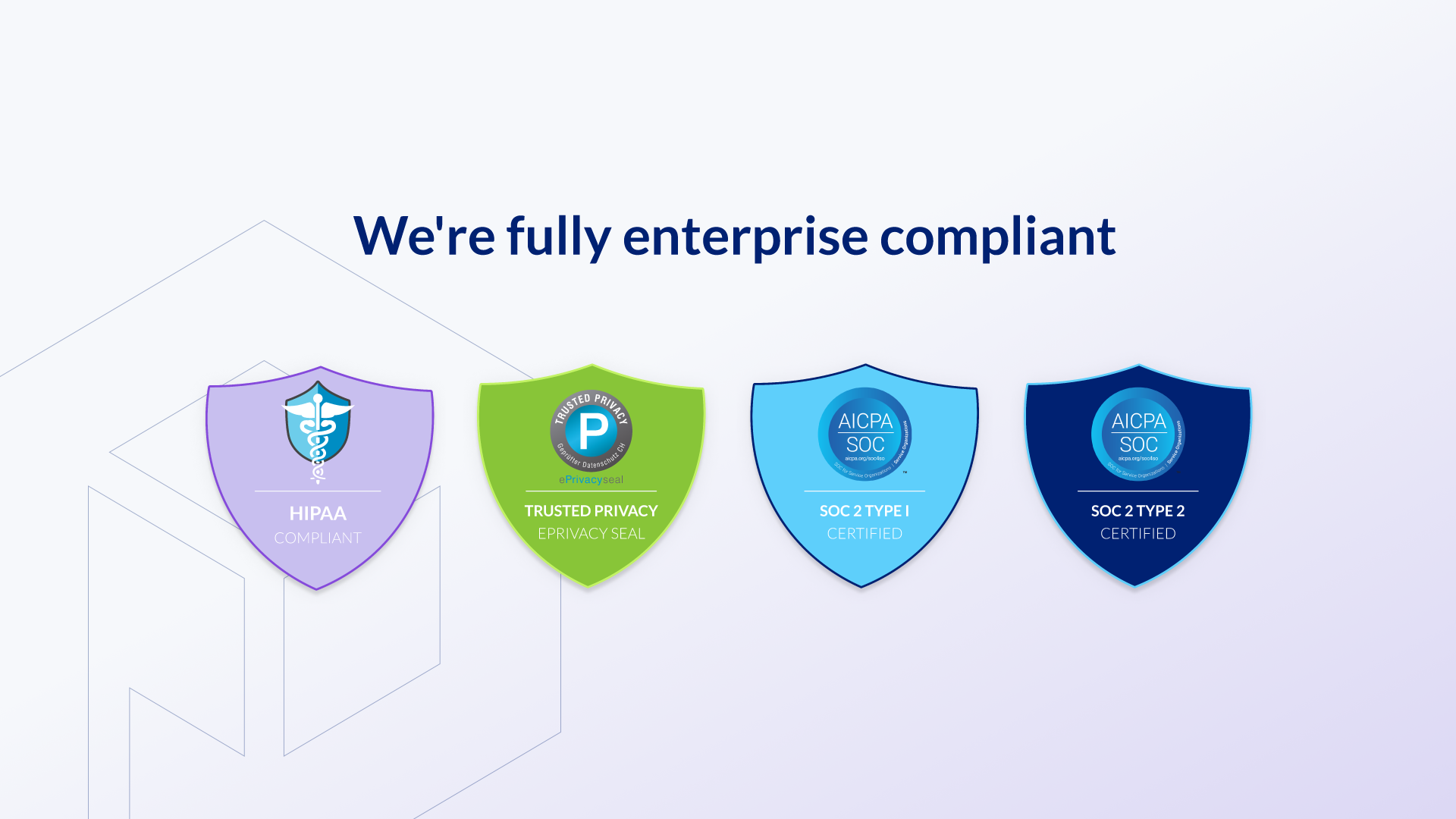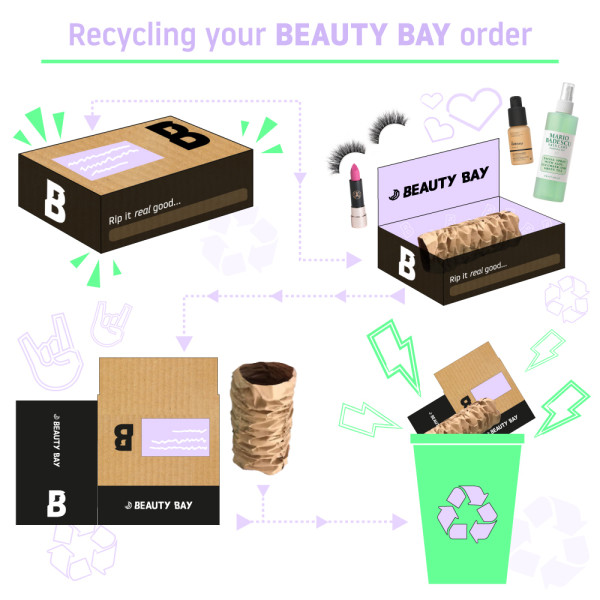parcelLab CTO Julian Krenge features on FUTR podcast

parcelLab CTO and co-founder, Julian Krenge, recently featured on the FUTRtech Podcast in an episode called ‘Solve the Supply Chain Disaster with parcelLab.’ The podcast explores the current state of the supply chain and highlights the challenges that continue to test e-commerce brands.
In conversation with podcast hosts Chris Brandt and Sandesh Patel, Julian explains how parcelLab is helping brands to overcome supply chain challenges. Here are three takeaways from the podcast.
1. Customization is key
In 2022, more people are willing to buy a wider variety of goods online than ever before. With many brands selling like-for-like products, more e-commerce retailers are using the experience it delivers to stand out from the crowd. In order to do this, the end-to-end customer experience must be delivered by the brand itself, rather than third parties. When this happens, each touch point can be customized to the individual customer to deliver the most tailored experience possible.
Julian explains:
Experiential retail per se is coming a bit more from the offline sector – where you had brick-and-mortar stores that try to create a great experience when people come in. Interestingly, for a long time, people were not really considering this for their online experiences, despite having more tools to be able to do that.
It’s actually so obvious when you think about it – why don’t retailers leverage that part of the journey? And where we really try to bring all of the different data sources together to create a richer experience is really around the brand of the retailer and the product that is being ordered.”
2. Operations Experience Management gives you access to untapped data
parcelLab’s platform is known for its data core that transforms complex operational data into customizable experiences. But parcelLab also provides customers with a dedicated portal to access, monitor and leverage operational data that it would have otherwise been disconnected from.
Julian explains:
Operations Experience Management gives you a good understanding of where you are shipping and how addresses impact customer experience. What do I mean by that? You might know you have very good delivery services in one region, compared to another for example. So you get a wealth of data about your operational processes, but there’s another layer of data: how your customers are engaging.
The majority of retailers today don’t know how much engagement their post-checkout messages get. They don’t look it. But I would bet that these are the messages with the highest engagement by far. And this information, so ‘How do I reach customers, which channel works best for them, what information are they interested in’ – this sort of thing, that information is hugely important.
3. Next steps for parcelLab
So, what’s next for parcelLab? What new features are on the horizon? What will we rollout next? As Julian explains, parcelLab’s model has always been to create solutions that our customers need. No two brands are the same, so bespoke features and solutions are required for each customer we work with. So, we are currently rolling out the features that our customers need most.
Julian explains:
“Everybody at parcelLab and most of our customers as well know that I have a personal aversion against roadmaps. I am a no-roadmap guy. Instead, we value co-creation – working directly with our customers above everything else.
Our leading value is ‘Relentless focus on customer value’ – and I truly believe in that. I think this is critically important, especially in such a fast-paced, ever-changing environment.”



